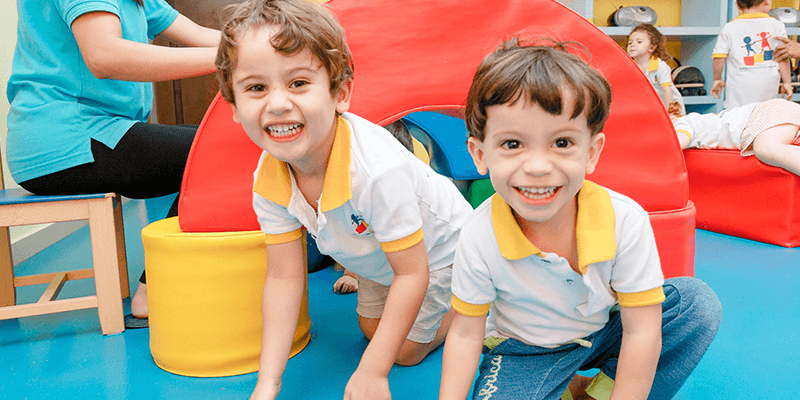
Why is socialisation important for a child? The aim of socializing is to teach children to interact with other children and adults in a healthy and positive manner. Through socialisation, kids learn how to share and take turns and learn how to deal with their emotions around other people. Our role, as adults, is to encourage and monitor their social skills and interaction.
Playdates are an important social experience for your child’s development and a good play date is one where children play actively with each other. As a parent, you can teach your child how to act in social situations by always modelling good manners, empathy, conversation skills and sharing.
Whether it’s at nursery or through playdates, social development is linked to many other parts of your child’s development and starting at an early age is crucial.
- Time away from home – like adults, children also benefit from getting out of the house and being in a different environment. The importance of socialisation in child development can be seen in how kids learn from the world and the people around them.
- Confidence – making new friends and being in social gatherings can help to boost a child’s confidence
- Prepares children for when they start at nursery/school – socializing from an early age can help manage the separation anxiety that arises when a child starts nursery or school.
- Helps develop positive friendship bonds and emotional connections later in life
- Helps him to learn to share and take turns – when a child spends all their time alone, they are used to being the center of attention and having everything for themselves. By being around other children, they learn that other people have needs and desires and that they need to share and take turns. They learn to share space, toys, equipment and an adult’s attention. This also leads to the enhancement of problem solving skills as children battle for toys and come to a conclusion.
- Encourages children to think of others – by playing with other children, they learn that other people have feelings too. They see different reactions and know what kind of actions may hurt or upset other people.
- Acceptance of others – when children socialize with children from different cultures and children with different abilities and disabilities, they become accepting of everyone and learn to include everyone in their play



